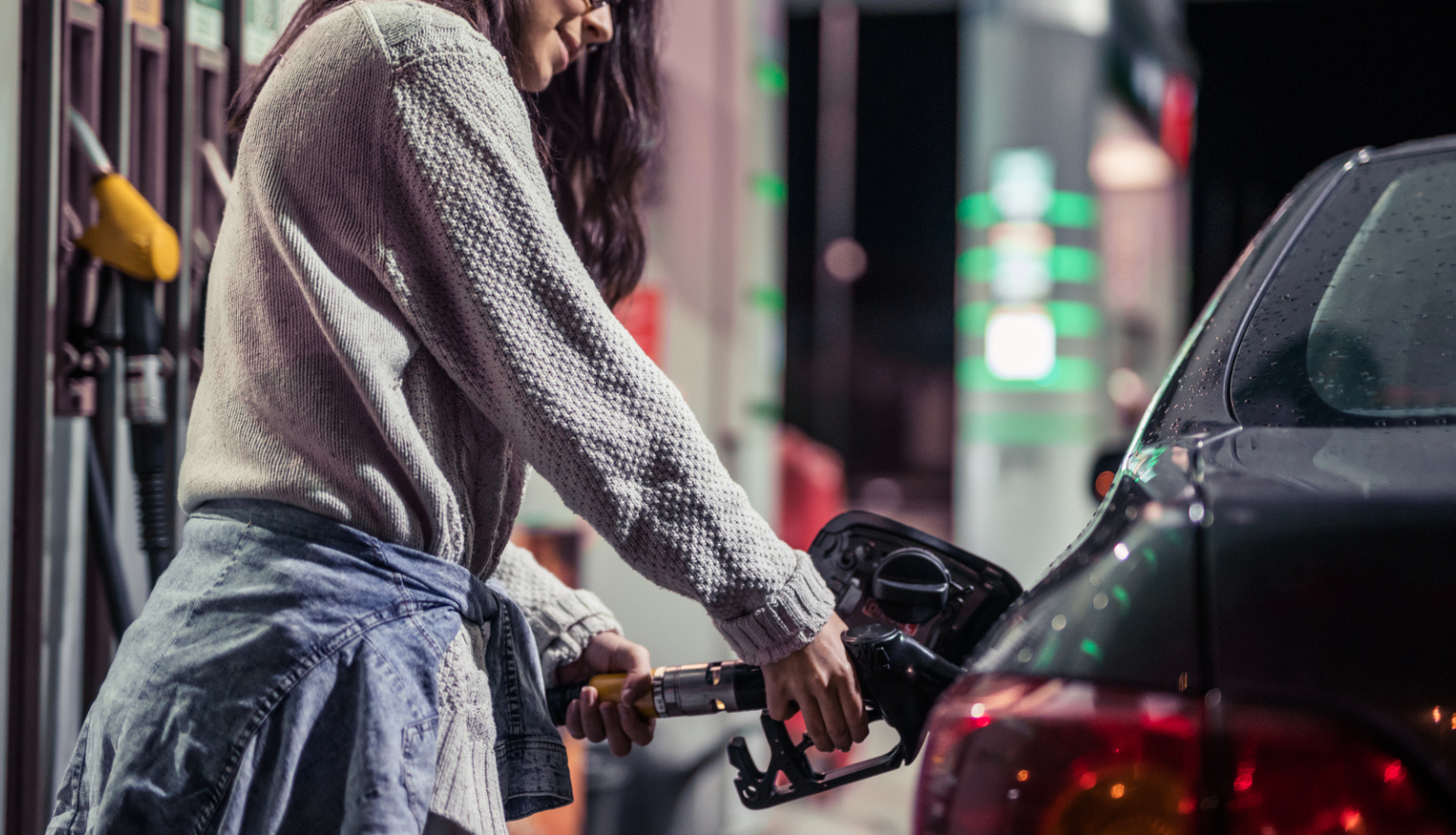Over the six months, the State Construction Control Bureau (SCCB) has taken 170 samples of traded diesel fuel and 95 and 98 petrol fuels and tested them in an accredited laboratory. During this period non-compliance of fuel has been established in four cases. The SCCB will also continue testing fuel quality in the summer season.
During the period from November 2020 to April 2021, the SCCB has carried out 170 quality checks of diesel and petrol fuels in 63 service stations in the entire territory of Latvia without notifying companies in advance.
The Bureau has ascertained that the quality of winter fuel in Latvia is generally good. Only four cases have been discovered (two samples of 98 petrol fuel, one sample of 95 petrol fuel, and one sample of diesel fuel) where the samples taken did not meet the required standards. Non-compliance was related to an insufficient share of bioethanol, an increased research octane number, and non-compliance with the requirements laid down for winter diesel fuel.
The SCCB will continue assessing fuel quality and intends to test 300 fuel samples in total by the end of 2021. Out of this number 150 samples are to be taken during the summer season and 150 – in the winter season selecting 100 service stations randomly throughout Latvia.
Fuel quality testing takes place in an accredited laboratory, pursuant to the Cabinet Regulation No. 322 of 1 January 2002, Requirements for Conformity Assessment of Petrol and Diesel Fuel, which lays down quality indicators for fuels marketed in Latvia that are used to run engines of motor vehicles taking into consideration technical requirements for such engines in respect of health and environmental protection.
Each year the SCCB also draws up a fuel quality report for the previous calendar year on the basis of results of the testing of fuel samples, and submits it to the European Commission, as required by Directive 98/70/EC of the European Parliament and of the Council of 13 October 1998 relating to the quality of petrol and diesel fuels and amending Council Directive 92/12/EEC. Reducing the effects of road transport on the environment is one of the major priorities for the implementation of the European Union policy for climate neutrality.
The SCCB ensures supervision and control of the fulfilment of transport energy conditions by performing fuel quality monitoring – taking and testing fuel samples in an accredited laboratory.



